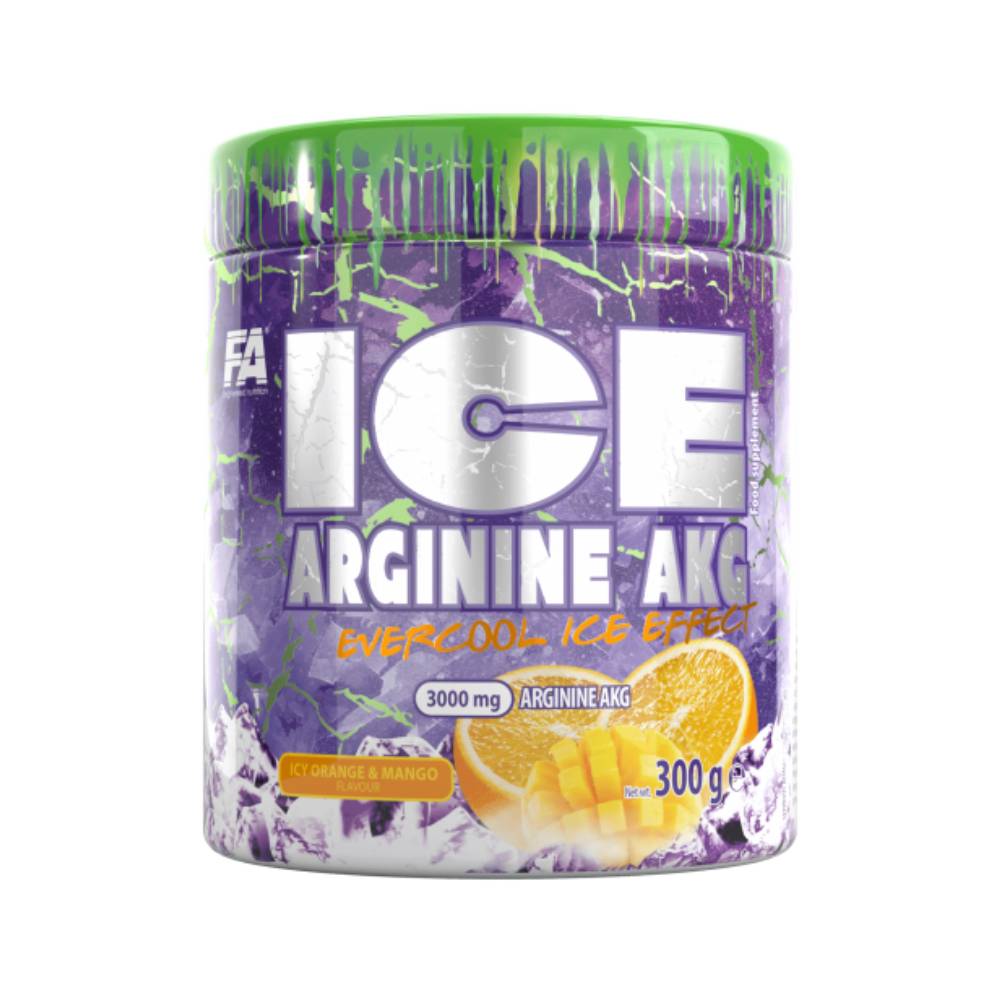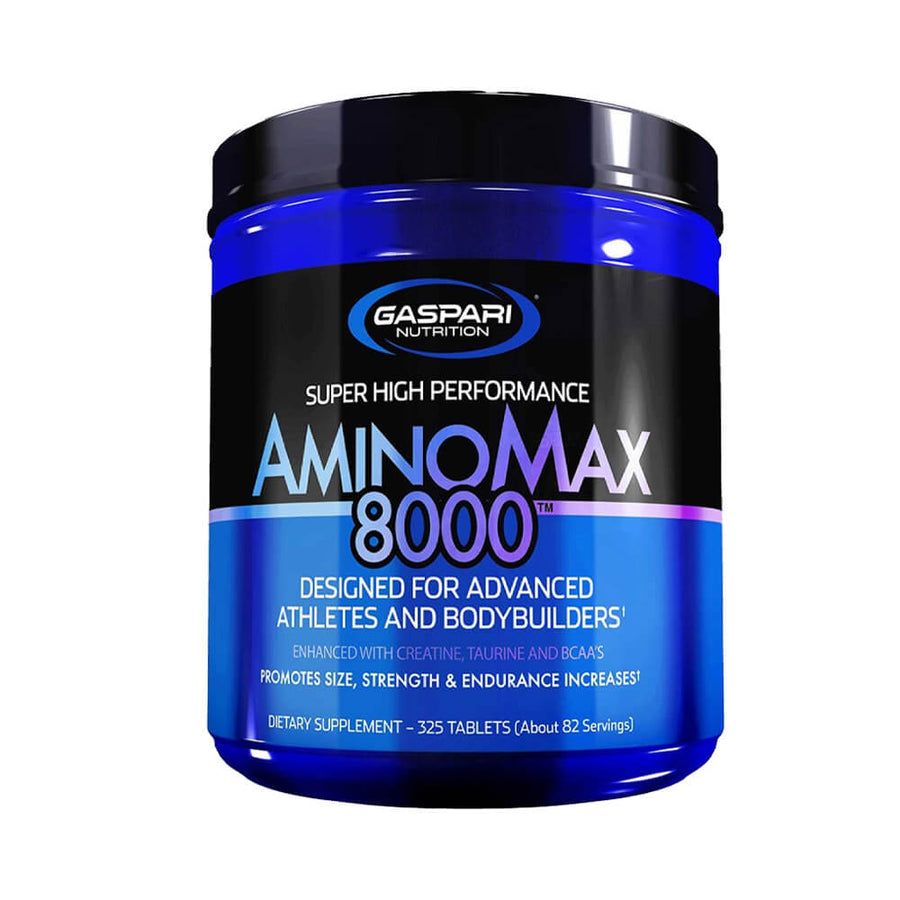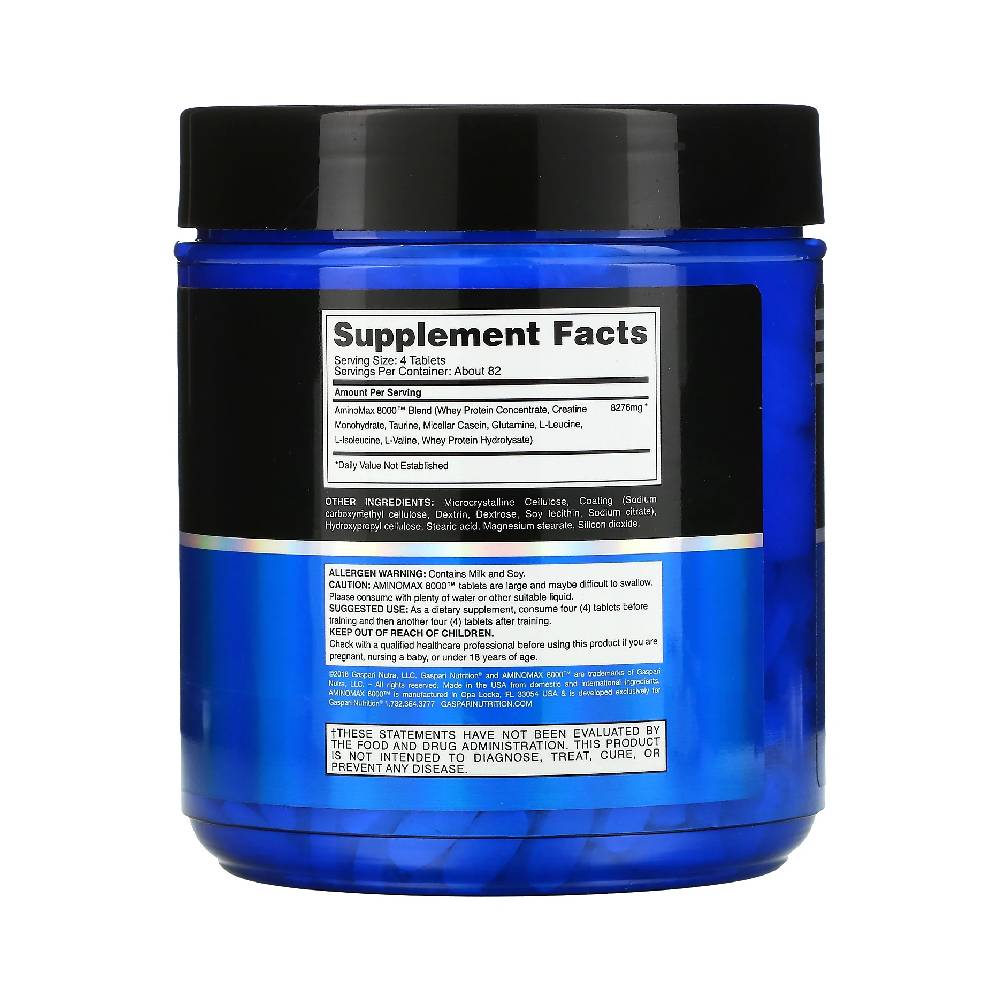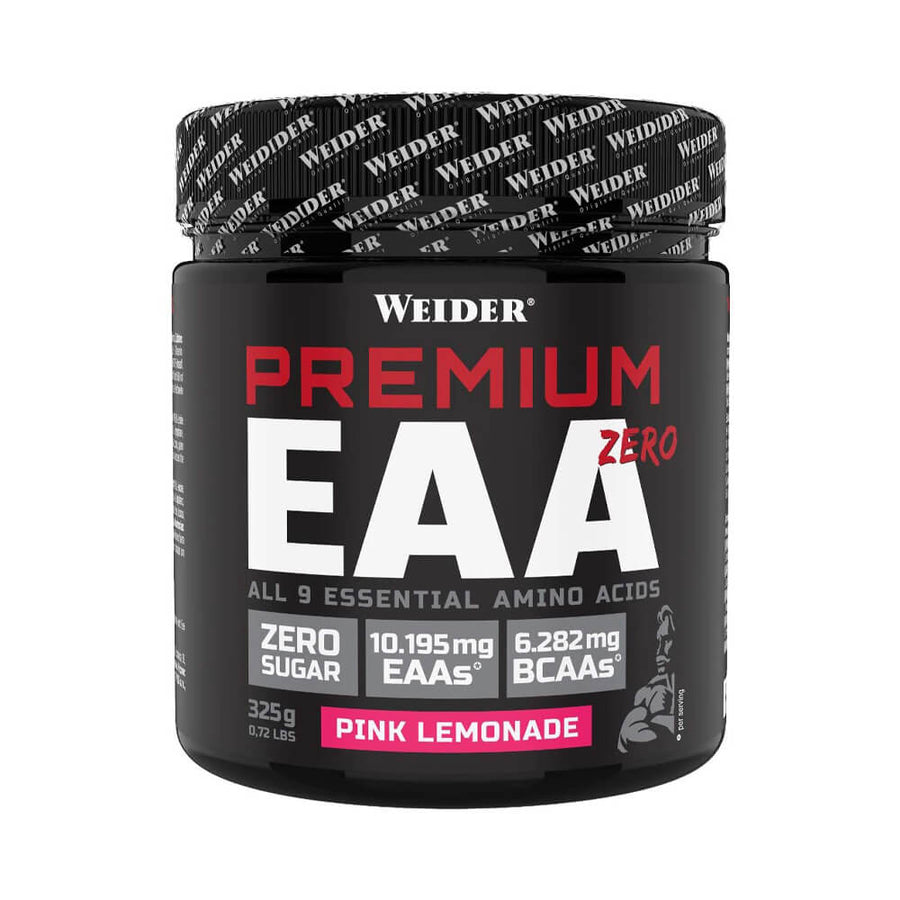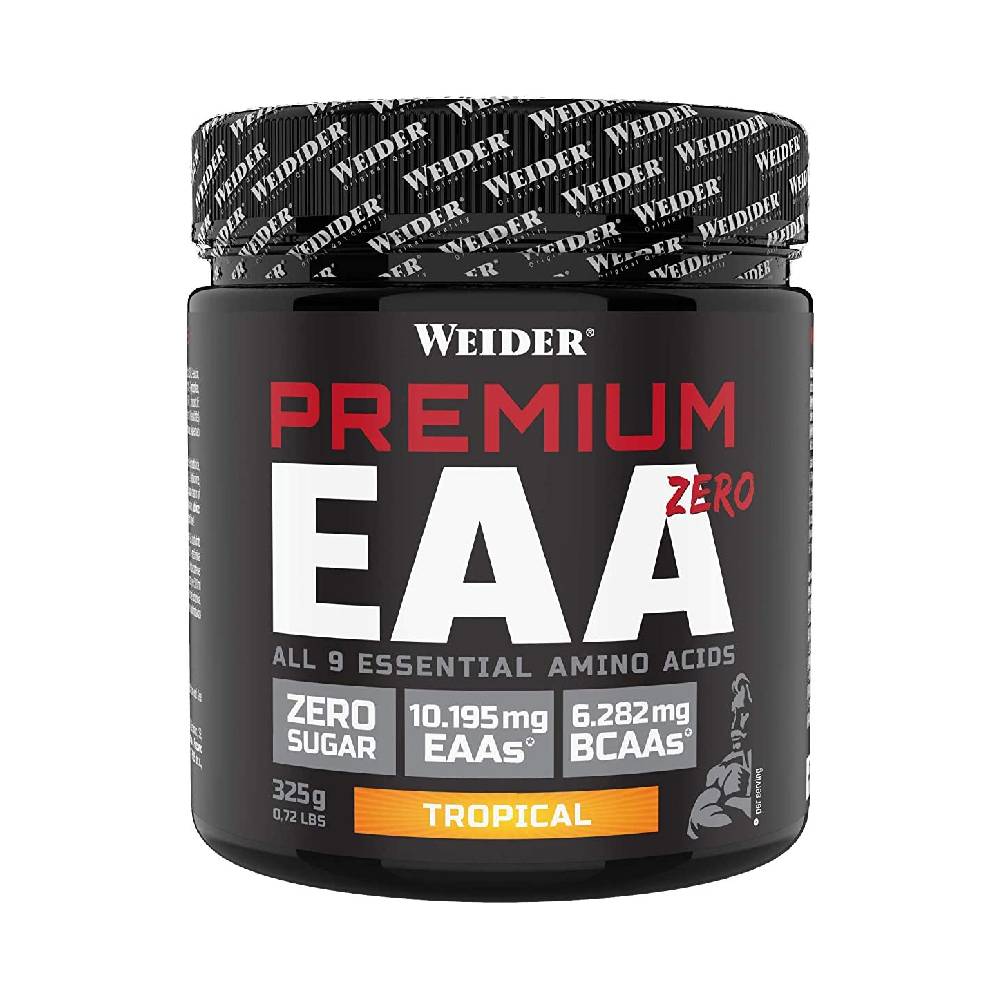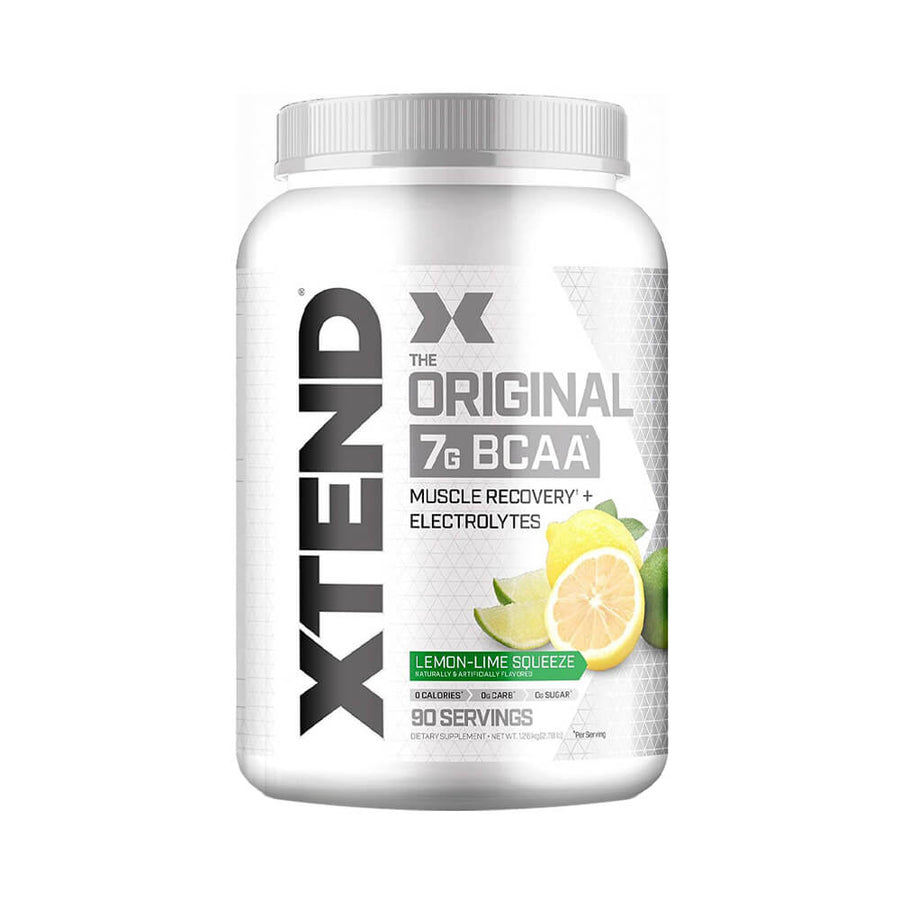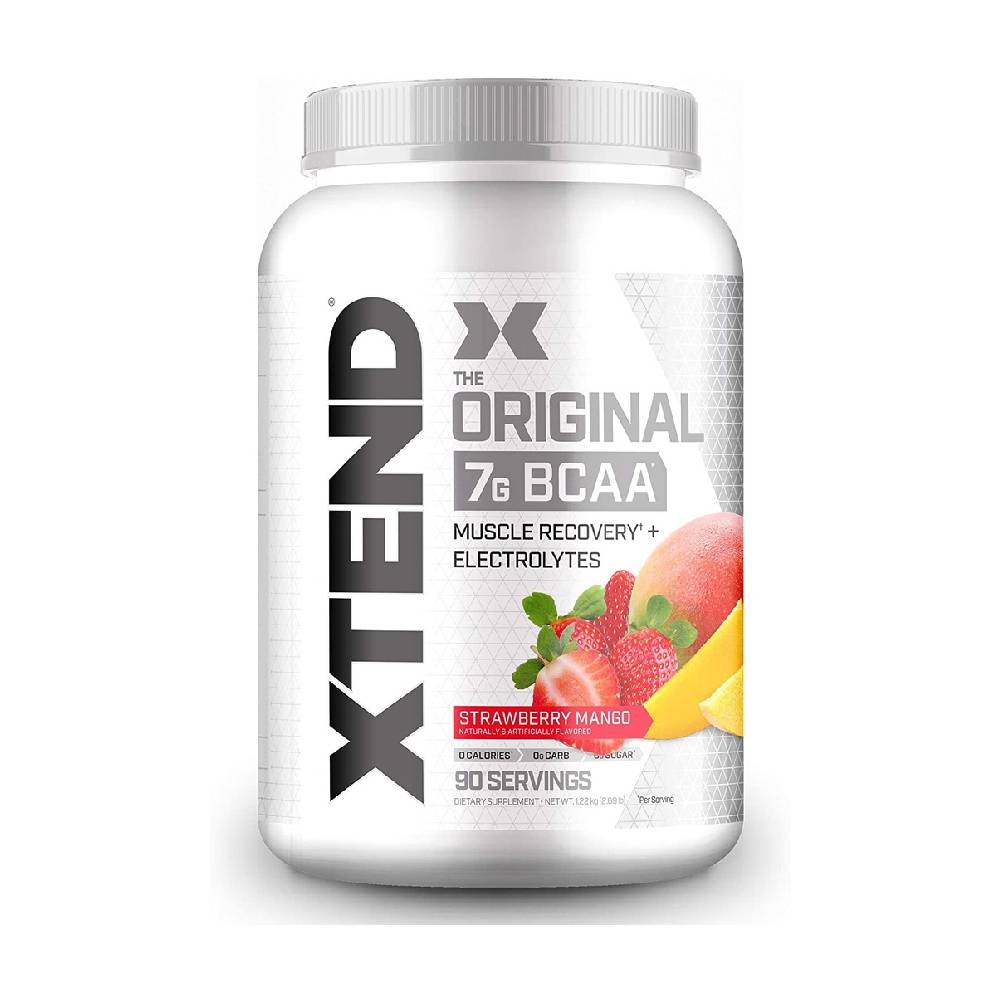Nitric oxide: benefits of nitric oxide, importance for the body and foods rich in nitric oxide

Nitric oxide, a seemingly simple molecule, plays a crucial role in the optimal functioning of the human body. This substance, made up of one nitrogen atom and one oxygen atom, has profound implications for numerous essential physiological processes. In the following, we will explore in detail what nitric oxide is, how it is formed in the body, its benefits for health and performance, and the natural sources and supplements available to optimize levels of this vital molecule.
What is nitric oxide and how is it formed in the body?
Nitric oxide (NO) is a simple, yet essential, gaseous molecule for the human body. Made up of one nitrogen atom and one oxygen atom, this molecule plays a vital role in numerous physiological processes. Our bodies naturally produce nitric oxide through an enzymatic reaction. The main mechanism of synthesis involves the enzyme nitric oxide synthase (NOS), which catalyzes the conversion of the amino acid L-arginine to nitric oxide in the presence of oxygen and the necessary cofactors.
There are three main isoforms of the NOS enzyme: NOS1 (neuronal), present predominantly in the nervous system; NOS2 (inducible), activated under inflammatory conditions; and NOS3 (endothelial), located in the endothelial cells of blood vessels. Each isoform has specific functions, but all contribute to the production of nitric oxide. Once formed, NO diffuses rapidly through membranes and tissues, with a lifespan of only a few seconds.
The main sources of nitric oxide in the body are the endothelial cells of blood vessels, neurons in the central and peripheral nervous systems, and cells of the immune system. Some nitric oxide can also come from exogenous sources, such as foods rich in nitrates (e.g., beetroot) or certain health supplements . Understanding the mechanisms of nitric oxide formation is crucial for appreciating its vital role in various physiological functions and for developing therapeutic strategies based on modulating NO levels.
The benefits of nitric oxide for health and performance
Nitric oxide has a significant impact on numerous physiological processes, providing important health and performance benefits. A key aspect of its action is its ability to dilate blood vessels, which leads to improved blood flow to tissues and organs, optimized cellular oxygenation, and reduced blood pressure. This improved circulation has a positive impact on the entire body, especially the cardiovascular system.
In the field of sports performance, nitric oxide contributes substantially to improving athletic performance. It increases endurance, accelerates muscle recovery after intense workouts, and increases muscle strength and power. These effects make nitric oxide training supplements sought after by athletes and bodybuilders.

Another important benefit of nitric oxide is its role in improving erectile function in men. By dilating blood vessels, NO facilitates blood flow to the genitals, helping to achieve and maintain an erection. Furthermore, studies suggest that nitric oxide may have neuroprotective effects, being involved in improving memory and cognitive functions, protecting neurons from damage, and reducing the risk of neurodegenerative diseases.
Last but not least, nitric oxide plays a crucial role in the functioning of the immune system. It stimulates the activation of immune cells, improves the immune response to infections, and reduces inflammation in the body. All of these benefits demonstrate the importance of nitric oxide in maintaining overall health and optimizing physical and cognitive performance.
Nitric oxide-rich foods and natural sources
To benefit from the positive effects of nitric oxide, it is important to know the natural sources that can stimulate the production of this molecule in the body. There are a variety of foods rich in nitric oxide and its precursors, which can help increase NO levels in the body naturally. Green leafy vegetables are among the most valuable natural sources of nitric oxide. They contain nitrates that are converted to NO in the body. Notable examples include spinach, arugula, lettuce, kale, and beet greens.
Beetroot stands out as one of the richest natural sources of nitric oxide. Its high nitrate content is efficiently converted into NO in the body. It can be consumed in various forms: raw, cooked or as a juice, making it an excellent option for those looking to increase their nitric oxide levels naturally.
Fruits and vegetables rich in vitamin C also play an important role in maintaining optimal levels of NO in the body. Citrus fruits (oranges, lemons, grapefruit), kiwi, strawberries, bell peppers, and broccoli are examples of foods rich in vitamin C that can boost nitric oxide production.

Certain nuts and seeds are valuable natural sources of nitric oxide due to their content of L-arginine, a precursor to NO. Almonds, walnuts, pumpkin seeds, and sunflower seeds are recommended options in this regard. In addition, foods rich in L-citrulline, another amino acid that stimulates NO production, may be beneficial. Watermelon, cucumbers, and pumpkin are examples of foods high in L-citrulline.
Incorporating these nitric oxide-rich foods into your daily diet can significantly contribute to maintaining optimal levels of NO in the body, thereby supporting cardiovascular health and improving athletic performance. However, for some individuals, supplements with specific amino acids may be an attractive option to achieve additional benefits in nitric oxide production.
Nitric oxide supplements: effectiveness and precautions
Nitric oxide supplements have gained popularity among athletes and those looking to improve physical performance. These supplements are designed to boost the body’s production of nitric oxide, a crucial molecule involved in dilating blood vessels and optimizing blood flow. Studies suggest that nitric oxide supplements may offer benefits such as increased athletic performance and endurance, improved blood flow to muscles, reduced muscle fatigue and faster post-workout recovery, as well as the potential to lower blood pressure.
However, it is important to emphasize that the effectiveness of these supplements can vary significantly from one person to another, and results can be influenced by factors such as diet, training level and individual genetic predisposition. Therefore, it is essential to approach the use of these supplements with caution and be aware of the potential associated risks. Document yourself on how the substance is recommended for your body and choose nitric acid supplements at a great price from the Nutriland website.
While nitric oxide supplements are generally considered safe for most users, there are some important precautions to consider. It is recommended to consult a doctor before starting any supplementation regimen, especially for people with pre-existing medical conditions. It is crucial to strictly follow the dosages recommended on the label and be aware of possible side effects such as nausea, headache, or digestive discomfort. It is also recommended to avoid long-term use without medical supervision, and it is not indicated to combine with medications for erectile dysfunction or high blood pressure without the advice of a specialist.

While nitric oxide supplements may offer benefits for athletic performance and cardiovascular health, it is essential to use them with caution and be aware of the potential risks. A balanced approach, which includes a healthy diet and an appropriate training program, remains fundamental to achieving fitness goals and maintaining optimal health.
The role of nitric oxide in current medical research
Beyond its well-known health and performance benefits, nitric oxide continues to be a topic of major interest in contemporary medical research. In recent years, studies have highlighted the importance of this molecule in numerous physiological processes, opening new perspectives for innovative treatments and a deeper understanding of how the human body works.
In the field of cardiology, researchers have discovered that nitric oxide plays an essential role in the health of the heart and blood vessels. It contributes to the regulation of blood pressure through vasodilation, the prevention of the formation of atherosclerotic plaques and the improvement of endothelial function. These discoveries have led to the development of new therapeutic strategies for the treatment of hypertension and other cardiovascular diseases, offering hope for millions of patients worldwide.
In neurology, nitric oxide has been shown to be an important neurotransmitter. Current medical research focuses on its role in learning and memory processes, as well as its implications in neurodegenerative diseases such as Alzheimer's and Parkinson's. The therapeutic potential of nitric oxide in the treatment of stroke is also being explored, opening up new possibilities for the recovery of patients affected by these serious conditions.
In the field of immunology and inflammatory diseases, recent studies have shown that nitric oxide plays a complex role in the immune system and inflammatory processes. Researchers are investigating its effects on the immune response, its potential to modulate inflammation in autoimmune diseases, and its use in the development of new anti-inflammatory therapies. These discoveries could lead to more effective treatments for a wide range of chronic inflammatory conditions.

In oncology, nitric oxide has become a topic of interest due to its dual role in tumor development and inhibition. The potential to improve the efficacy of chemotherapy and the possibility of using nitric oxide as a biomarker for certain types of cancer are being explored. This research could lead to more personalized and effective therapeutic approaches in the fight against cancer.
In conclusion, current medical research continues to uncover new aspects of the role of nitric oxide in the body, paving the way for innovative therapies and a deeper understanding of fundamental physiological processes. These discoveries promise to revolutionize the treatment of many diseases and significantly improve the quality of life of patients in the near future. As we better understand the complexity and importance of nitric oxide, we can anticipate the development of more effective and personalized therapeutic approaches in various fields of medicine.
reference
1. Lundberg, JO, Weitzberg, E., & Gladwin, MT (2008). The nitrate-nitrite-nitric oxide pathway in physiology and therapeutics. Nature Reviews Drug Discovery, 7(2), 156-167.
2. Förstermann, U., & Sessa, WC (2012). Nitric oxide synthases: regulation and function. European Heart Journal, 33(7), 829-837.
3. Bescós, R., Sureda, A., Tur, JA, & Pons, A. (2012). The effect of nitric oxide-related supplements on human performance. Sports Medicine, 42(2), 99-117.
4. Hord, NG, Tang, Y., & Bryan, NS (2009). Food sources of nitrates and nitrites: the physiological context for potential health benefits. The American Journal of Clinical Nutrition, 90(1), 1-10.
5. Ignarro, LJ (2002). Nitric oxide as a unique signaling molecule in the vascular system: a historical overview. Journal of Physiology and Pharmacology, 53(4), 503-514.
Photo credit: Scott Webb on Pixabay, HeungSoon on Pixabay, congerdesign on Pixabay, Herolind08 on Pixabay, Steve Buissinne on Pixabay.









